

反经
¥19.00
一部好书,犹如一个智慧的锦囊,它能带给人们深思、感悟与教益。在丰富、深厚的中国传统文化中,《反经》就是其中的一个瑰宝。 《长短经》是唐代学者赵蕤编写的一本纵横学著作,亦称《反经》。为历代有政绩的帝王将相所共悉,被尊奉为小《资治通鉴》。作者赵蕤也因此显名于世,时人称“赵蕤术数,李白文章”。*也说《资治通鉴》是权谋,是阳谋,《长短经》是阴谋。是诡谋。不管评价是褒是贬,《长短经》的确深地剖析了君臣谋略的利害得失,不失为官场学扬名立万的*范本。 全书分为大体、任长、品目、量才等多方面内容,对治国之术、任人之术、用兵韬略、权变之谋等行了具体的阐释,为现实生活中的思想家、政治家、军事家和实业家提供了卓有成效的谋略武器并展现了无限生机。这无疑具有重大的意义。
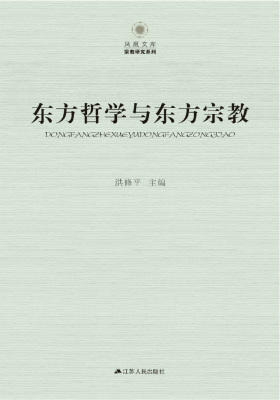
东方哲学与东方宗教
¥69.76
东方,狭义的主要是指中国、日本、印度以及周边的国家和地区,广义的则大致是指欧洲以东,包括从阿拉伯半岛一直到西太平洋的广袤地区。本书的论述范围,取东方之广义。东方是人类文明*早和*重要的发祥地,曾诞生和培育了人类历史上那些*古老、*悠久的文明,如美索不达米亚文明(包括苏美尔文明、巴比伦文明和亚述文明)、埃及文明、印度文明、中国文明等,在“四大文明古国”或“五大文明发祥地”中都占据着举足轻重的地位。后来的希腊文明、罗马文明乃至基督教文化等世界各种文明,都或多或少地受到东方文明的熏陶和影响。在不断的文明创造中,东方孕育了许多在人类历史上产生过重要影响的宗教,如美索不达米亚宗教、古埃及宗教、婆罗门教、佛教、印度教、道教、神道教、琐罗亚斯德教、摩尼教、犹太教等,也创立了自己发达的哲学,如印度哲学、犹太哲学,特别是以儒道为主要代表的中国哲学。本书对东方哲学与宗教做了系统而又简明扼要的介绍和分析,生动展示了东方哲学与宗教的丰富内涵。


简而美的哲学小史
¥13.08
简单好读的哲学门书 让自我的哲学探索变成轻松的阅读消遣 在《简而美的哲学小史》中,深奥晦涩的哲学史被划分为极易消化的小板块,让读者可以一次啃完,快速读懂哲学3000年发展过程,轻松掌握120位哲学大师的思想精华,从更具智慧的视角理解什么是哲学,以及哲学的力量所在,激发读者一步学习哲学的欲望,看到不一样的全新自我。
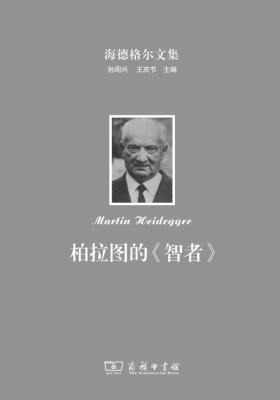
海德格尔文集:柏拉图的《智者》
¥120.00
海德格尔全集第19卷《柏拉图:<智者篇>》收集的是海德格尔于1924—1925年冬季学期在马堡大学所举行的讲座课的内容。全书共81节,由“预备思考”(Vorbetrachtung, §1-3)、“引导部分”(Einleitender Teil, §4-26)、“过渡”(überleitung, §27-32)、“主体部分”(Hauptteil, §33-81)这样几个大部分构成。 在“引导部分”中(共23节),海德格尔主要讨论了亚里士多德《尼各马科伦理学》第六卷、第十卷(6-7章),《形而上学》卷(1-2章);“主体部分”(共49节)则是对柏拉图《智者篇》的详细研读。海德格尔之所以花那么大的篇幅来阐释亚里士多德,那是因为他基于解释学原则,把亚里士多德视为理解柏拉图的起点(Ausgang),通达柏拉图的门径;该书中的这部分内容也构成了海德格尔的亚里士多德思想解释的重要组成部分。至于对柏拉图晚期对话《智者篇》的解读,更是清晰地展露出了海德格尔思想中的双重主题“是”(Sein)与“真”(Wahrheit)之间的内在联系。 该书的另一重要价值在于同海德格尔的主要著作Sein und Zeit之间的内在关联。无论是在时间上(Sein und Zeit虽首次发表于1927年春,但其实际完成时间为1926年4月左右),还是在内容上,该书都可视为Sein und Zeit的序曲,这对于理解Sein und Zeit具有不可替代的价值。

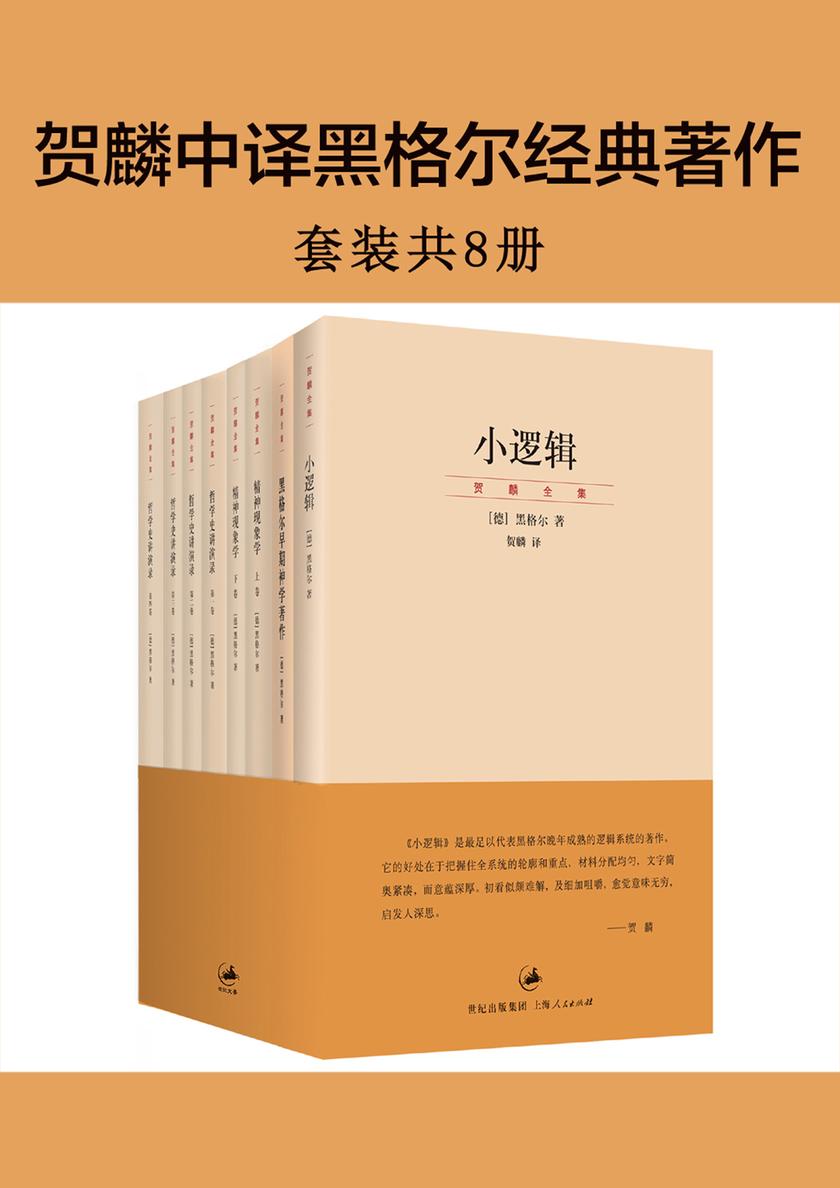
贺麟中译黑格尔经典著作
¥346.00
《贺麟中译黑格尔经典著作》套装:小逻辑,黑格尔早期神学著作,精神现象学,哲学史讲演录《小逻辑》“贺麟全集”卷本书是《哲学全书纲要》的部分,通称《小逻辑》,以区别于《大逻辑》(即逻辑学)。全书除导言外,共分:存在论、本质论、概念论三篇,反映了黑格尔哲学体系的基本框架。黑格尔的《小逻辑》是构成他的《哲学全书》的一个主要环节,它的好处在于把握住全系统的轮廓和重点,材料分配均匀,文字简奥紧凑,而义蕴深厚。初看似颇难解,及细加咀嚼,愈觉意味无穷,启发人深思。他的学生在他逝世后编订全集时,再附加以学生笔记作为附释,于是使得这书又有了明白晓畅,亲切感人的特点。《黑格尔早期神学著作》“贺麟全集”第八卷《黑格尔早期神学著作》是著名哲学家、翻译家贺麟的重要译著之一,以八十岁高龄自诺尔编黑格尔著《早期神学著作》的德文原版翻译而成,并参考诺克斯与克朗纳的英译本。本书也是身为译介黑格尔至中国人的贺麟先生,生前后一部黑格尔相关译著。其中收入黑格尔著《民众宗教和基督教》《耶稣传》《基督教的权威性》《基督教的精神及其命运》及《1800年体系残篇》等五篇论文,是了解和研究黑格尔早期神学思想的手资料。《精神现象学》(上下)“贺麟全集”第15—16卷新校重排本,黑格尔哲学的“圣经”,深刻影响马克思、海德格尔、伽达默尔的哲学经典,对勘上卷初版与再版修订译文,存历史原貌利研究之便。《精神现象学》为德国古典哲学大师黑格尔阐述其哲学观点和方法论原则的部纲领性巨著。黑格尔自认此书为其哲学体系的导言。马克思誉《精神现象学》为“黑格尔哲学的真正起源和秘密”和“黑格尔哲学的圣经”。黑格尔通过此书提出,精神现象学是关于意识到达“*知识”或“科学”(即哲学)的道路的科学,它为个体提供了一把攀登*知识的“梯子”。中译本由贺麟、王玖兴合译,分上、下卷先后于1962年和1979年由商务印书馆出版。上卷1979年再版时曾修订译文,以与下卷译名统一,本次整理出版“贺麟全集”版,对勘再版所作修改,择其重要者,以编注形式留存上卷初版原貌。《哲学史讲演录》“贺麟全集”第11—14卷全新校对,重新排版,据贺麟手迹修订部分文字;德国古典哲学大师黑格尔天才的著作之一,哲学史的开山之作和经典; 贺麟弟子、著名哲学教授张祥龙参与修订编辑;重新收入苗力田选译黑格尔哲学史相关书信。《哲学史讲演录》是德国古典哲学大师黑格尔的代表作之一,“哲学史”的开山之作,治哲学者之书。黑格尔一方面将哲学史纳入他的客观唯心主义体系的框架中,把哲学史归结为理念回归自身的*精神阶段;另一方面把辩证法贯彻于哲学史研究,深刻地揭示了哲学史的发展规律。20世纪五六十年代,贺麟、王太庆等先生将其译成中文出版,是贺麟先生译述黑格尔的重要成果。本次收入“贺麟全集”出版,解决了之前版本由于出版时间相隔较远而存在的体例不一等问题,更符合当下阅读习惯。
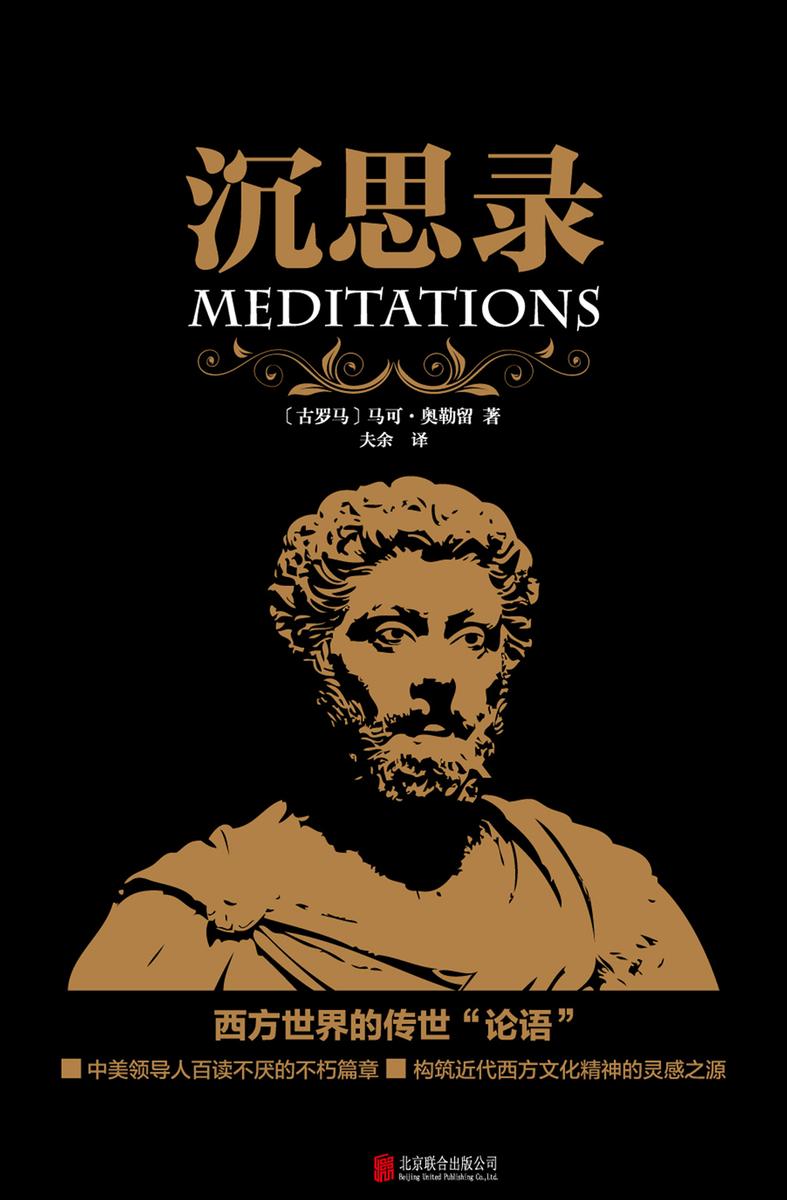
沉思录
¥12.99
《沉思录》写于奥勒留担任罗马帝国皇帝期间,战乱不断、灾难频发的时代环境促使奥勒留经常与自己的心灵对话,全书对富贵名利、社会责任、道德修养、存在与死亡等诸多问题行了哲学式思考。字里行间凝聚着智慧、闪烁着思想的光芒,对于提高个人修养、促社会和谐以及人类优秀文化的传承具有较高的价值,可以起到引人深思、发人深省、拯救灵魂的作用。

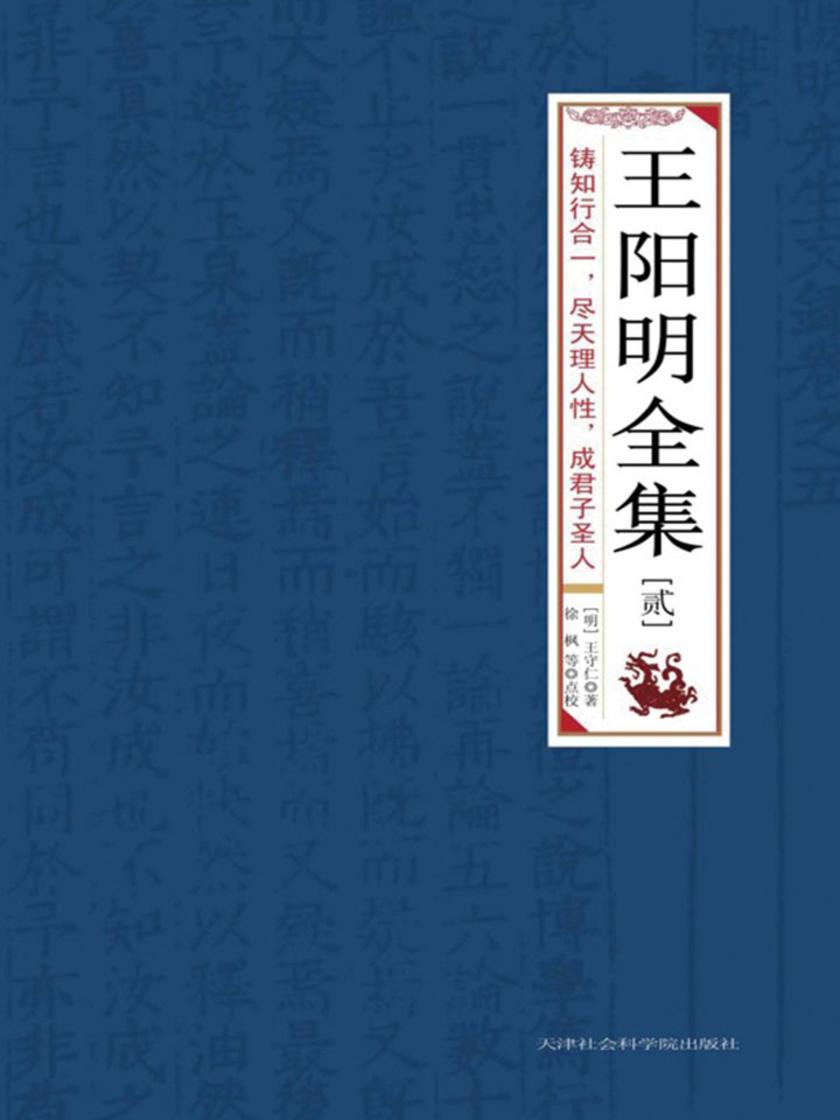
王阳明全集(贰)
¥10.00
王阳明为明代哲学家。其学上承孔子,孟子,中继陆九渊,而形成为风靡时代中后期并与程朱理学分庭抗礼的阳明心学。其学说不仅对我国明、清现代以至近现代的儒学有较大影响,而且波及日本、朝鲜等国,成为东方文化的一个组成部分。《王阳明全集》原称《王文成公全书》,为王守仁的作品集。此次出版以明隆庆年间(公元1567年-1572年)谢廷杰辑刊本为底本,简体横排,并加以现代标,方便当今读者阅读。《王阳明全集》共三十八卷,收《传习录》三卷,后附《朱子晚年定论》;《文录》五卷;《别录》十卷;《外集》七卷;《续编》六卷;后七卷为《年谱》与《世德纪》。原刻本为二十四册,本次分4册排印。
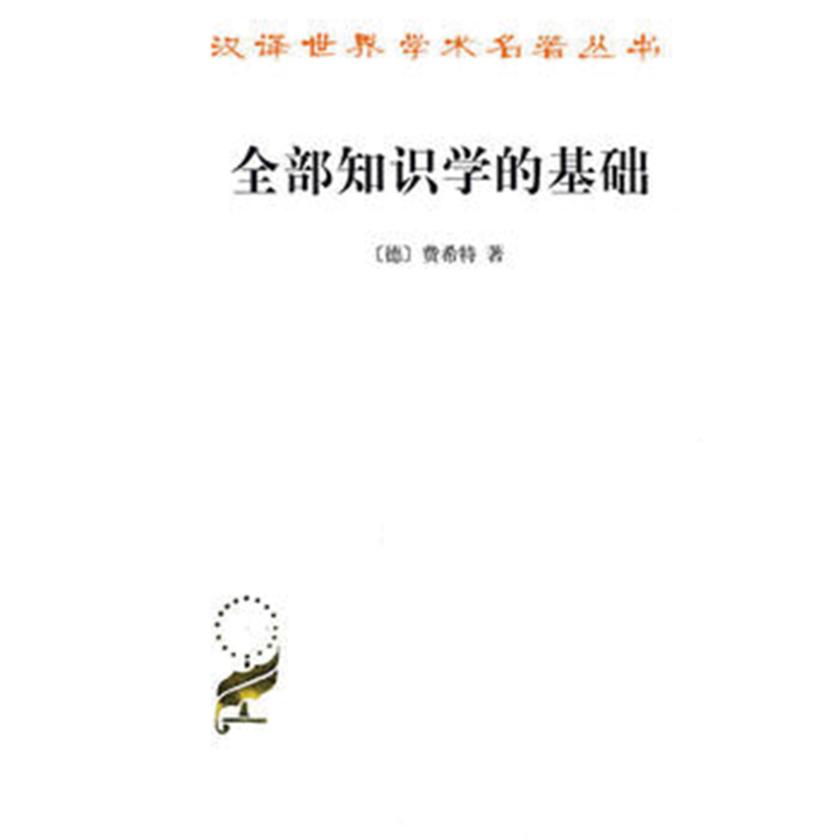
全部知识学的基础(汉译名著本)
¥10.40
费希特系德国古典哲学的主要代表之一,在康德和黑格尔之间起承上启下作用的大哲学家之一。本书是他的主要代表作。书中集中地反映了他的哲学体系和哲学思想。全书共分三大部分:全部知识学之诸原理、理论知识学的基础和实践知识学的基础。?
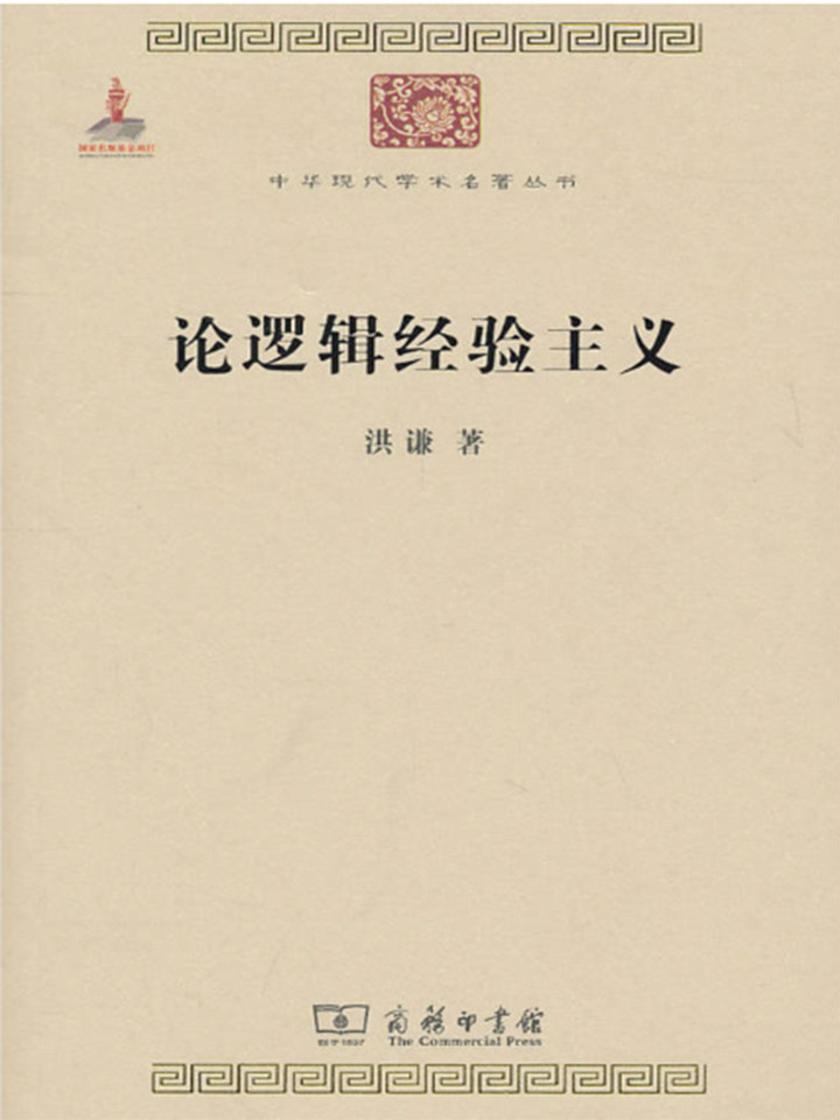
论逻辑经验主义(中华现代学术名著)
¥18.56
这本由洪谦著的《论逻辑经验主义》收集了洪先生自1949年以来在国内外发表的大部分论文和讲稿。内容包括《现代物理学中的因果性问题》、《莫里兹石里克与现代经验论》、《逻辑经验主义概述》、《克拉夫特哲学简述》等。


道德问题的思与辨
¥15.00
本书分为上下两篇,上篇主要讨论道德的本质问题,共有七章,首先就道德的概念、社会基础、立足点与内在机制作综合概述;然后分别从善恶之辨、“人是目的”等现代价值理念、权利的内涵、规范与德性、幸福的伦理思考几方面作深度的理论分析和阐述。下篇共有九章,主要关注社会现实,着力辨析生命伦理领域中人们普遍关注的安乐死、克隆人、人类基因组研究、伦理审查等重大热点问题,并就中国传统文化对生命伦理的影响以及当代中国生命伦理学的走向发表自己的见解。本书旨在揭示道德基本理论与应用伦理的内在互动关系,论证道德哲学

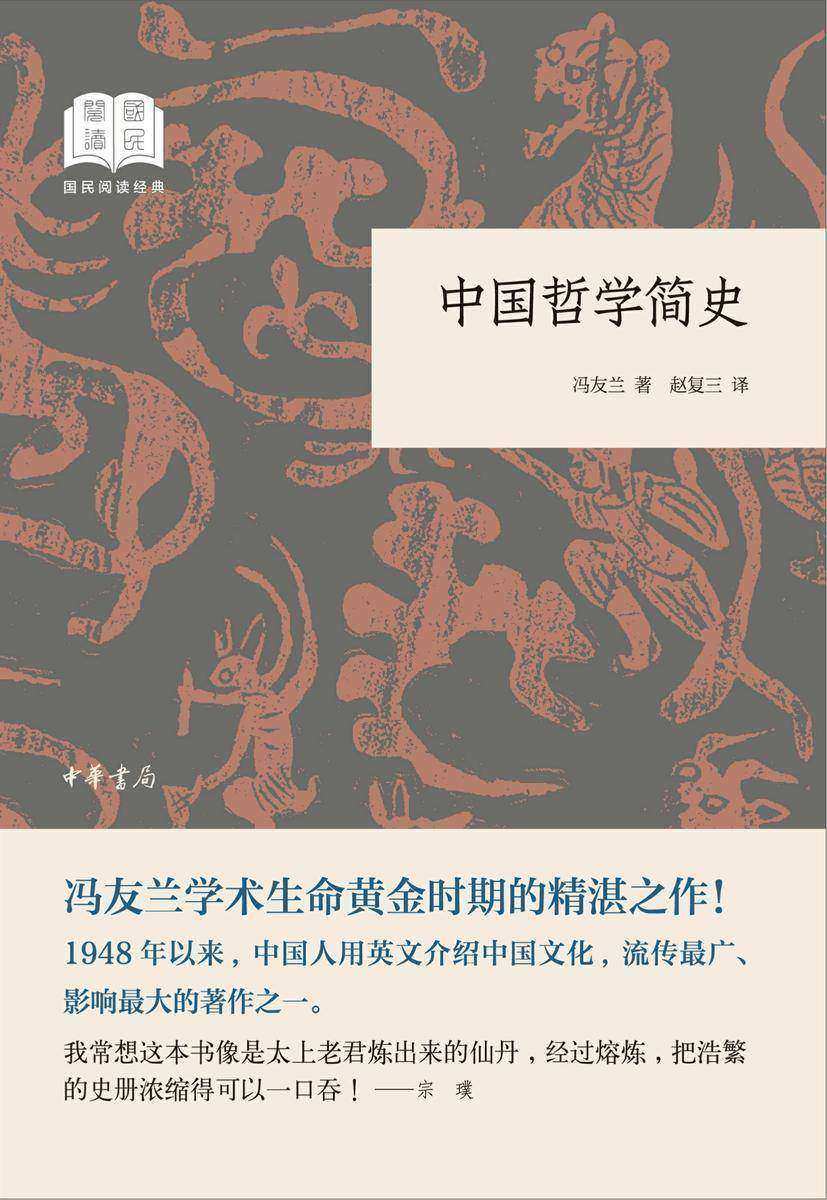
中国哲学简史--国民阅读经典(平装) 中华书局出品
¥24.00
《中国哲学简史》原名A Short History of Chinese Philosophy,是冯友兰先生于1947至1947年在美国宾夕凡尼亚大学讲授中国哲学史课程的英文讲稿。该书在世界范围内都影响巨大,是迄今为止西方人了解、研究中国哲学的书,是世界各地许多大学教授中国哲学课程的教材。本次收”国民阅读经典”丛书的《简史》,采用赵复三先生的中文译本。


马克思主义中国化史·第二卷·1949-1976(马克思主义研究丛书)
¥75.52
1949年10月至1976年10月,是马克思主义中国化历史程中承前启后的重要时期。1956年社会主义改造基本完成,中国从新民主主义社会社会主义初级阶段,成功实现了中国历*深刻*伟大的社会变革。中国共产党沿着马克思主义基本原理与中国实际“第二次结合”这条主线,围绕“什么是社会主义,怎样建设社会主义”这一时代主题,始了全新的探索历程,其中,既有凯歌行的峥嵘岁月,也有挫折失误的曲折历程,取得了独创性理论成果和巨大成就,为当代中国一切发展步奠定了根本政治前提和制度基础,为新的历史时期创中国特色社会主义提供了宝贵经验、理论准备、物质基础。本书全面阐述了这一时期中国共产党人探索中国社会主义革命和建设道路的曲折历程与经验教训,系统展示了以*为核心的党的*代中央领导集体探索中国社会主义道路、马克思主义基本原理与中国实际“第二次结合”程中的理论成果。


马克思主义中国化史·第三卷·1976-1992(马克思主义研究丛书)
¥65.80
本卷比较系统地分析和研究了从1976年粉碎“四人帮”、结束十年“文化大革命”,到1992年初邓小平发表南方谈话期间,以邓小平为核心的党的第二代中央领导集体,在领导当代中国的改革放和社会主义现代化建设实践中,拨乱反正,解放思想,把马克思主义基本原理与中国实际和时代特征相结合,围绕建设和发展中国特色社会主义这一主题,创中国特色社会主义道路,不断实现马克思主义中国化的历史程;论述了在不断总结实践经验的基础上形成的马克思主义中国化的理论成果——邓小平理论的主要内容和历史地位;分析了这一时期马克思主义中国化的基本经验。


宝宝必听100首胎教音乐
¥9.99
“肚子里的胎宝宝听得到音乐吗?” “胎教应当选什么样的音乐?” “听音乐就能激发胎宝宝智力发育?”免费在线读 “自己都听不懂的音乐,对胎宝宝真的有用吗?” …… 如今越来越多的孕妈妈和准爸爸都在重视胎教,可是有些孕妈妈和准爸爸,还不知道为什么要做胎教,也不确定胎教是否真的有意义,更懂得怎么做胎教。 本书就告诉孕妈妈和准爸爸,胎教,尤其是音乐胎教,是让胎宝宝在孕妈妈肚子里就可以自己感知外面世界的一种途径,也是一种通过调节孕妈妈的情绪,激发胎宝宝大脑发育的方法。 不知道怎么做音乐胎教?不用担心,这里汇集了古今中外各类优美的音乐,更有相关背景知识、通俗易懂的音乐解析以供参考,孕妈妈和准爸爸可以一边放轻柔的音乐,一边给胎宝宝讲讲相关知识,不仅带你赏析美妙音乐,更让你轻松做博学父母。


哲学九讲(牛津教授的简明哲学课)
¥14.99
本书共九章,分别为殿之基、事物、填补鸿沟、因果律、目的、意愿、判断、真理、表象与实在。作者逐一讲述了循着两位伟大的欧洲思想家的脚步如何建立一种*确定的真相;什么是客体的本质、何为*性质与第二性质、本体又是什么、以及另一出路,等等。


谶纬与文学研究(精) 中华书局出品
¥38.30
谶纬是兴盛于汉代、流行于魏晋南北朝时期的一种学术思潮,它对汉魏六朝时期的社会政治和思想文化等各方面都产生了很大的影响,其中也对文学产生了重要的影响。本书分四个部分:*部分概述谶纬、谶纬的图像文本、谶纬的文学意义,以及《河图》《洛书》的神话;第二部分谶纬与古代文学创作的关系研究,对谶纬与谣谶、辞赋、志怪小说、诗谶和明清小说等不同文体的关系作了考察与论述;第三部分谶纬中的乐论和诗论研究;第四部分《文心雕龙》中有关谶纬与文学关系的问题研究。通过对谶纬与文学关系的研究,使我们更加清楚地看到古代文学、文学理论与学术思潮之间的关系。

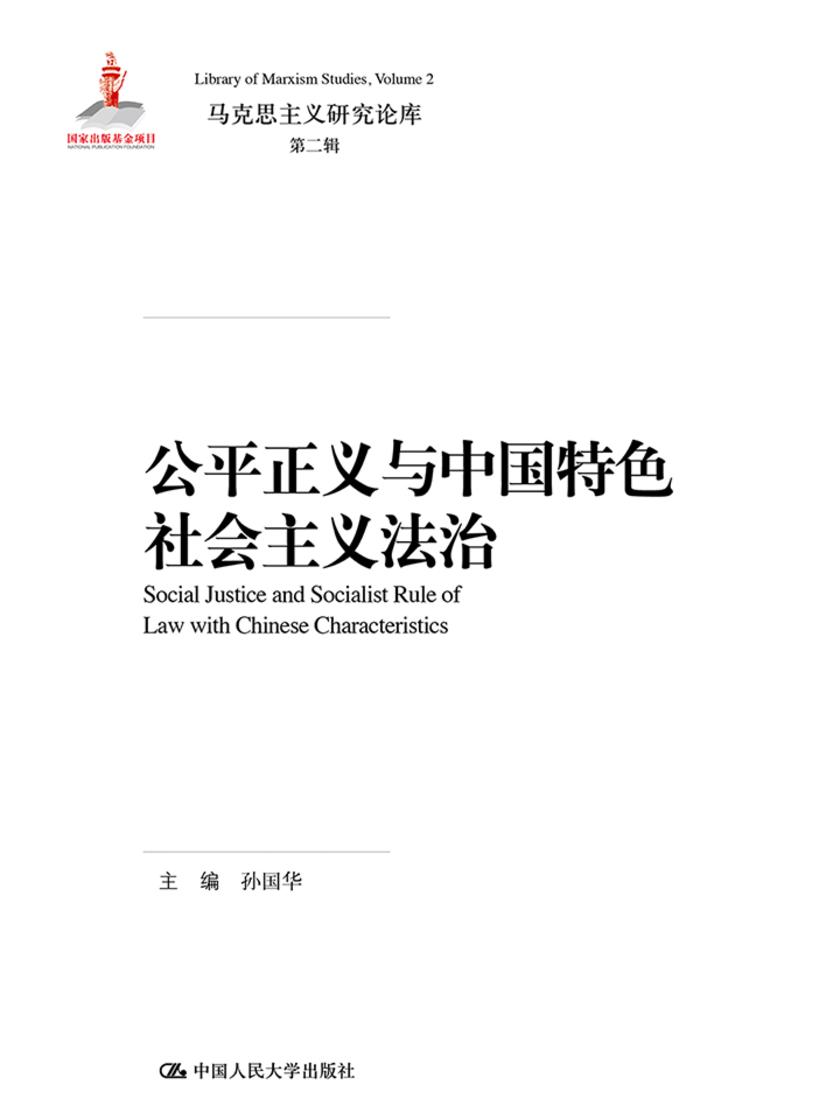
公平正义与中国特色社会主义法治(马克思主义研究论库·第二辑)
¥49.00
本书分为上、下两编。上编简要梳理西方和中国古今公平正义理论,重阐述马克思主义公平正义理论的基本立场、中国特色社会主义公平正义理论的要义,揭示公平正义与社会物质生活条件、社会利益关系之间的深刻联系,以及公平正义理念对实现社会主义时代人民美好生活的重大意义。下编重探讨中国特色社会主义事业程中通过法治实现社会公平正义的实践问题。践行符合时代发展需要的公平正义理念,才能真正实现良法善治,公平正义引导法治的价值走向。法治的立法、执法、司法、守法等各个环节都对推动社会公平正义发挥着不可替代的重要功能。全面推依法治国,是全面推公平正义的重要要求。

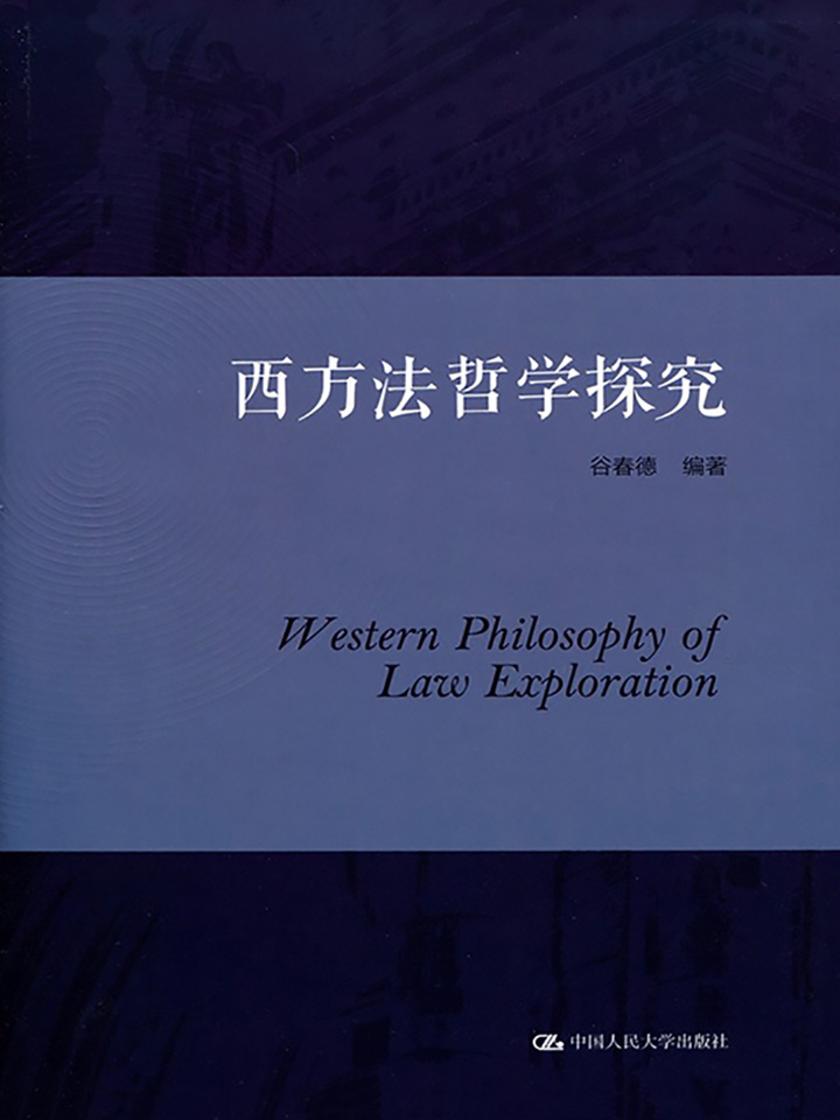
西方法哲学探究
¥52.80
本书分为四个部分,*部分是西方法哲学名著的解析,全面介绍了法律的概念、正义论等法哲学名著惊醒了全面的介绍和解读;第二部分是西方法哲学学派的书评,包括自然法学派、分析法学派、社会法学派等;第三部分是西方法哲学的专题研究文述、包括古希腊罗马的自然法思想、西方思想是多和和谐社会观等;第四部分是对西方法律思想思学科的回顾与展望,介绍了西方法律思想史学科的综合发展情况及趋势。对于西方法哲学研究者有很好的指引作用。

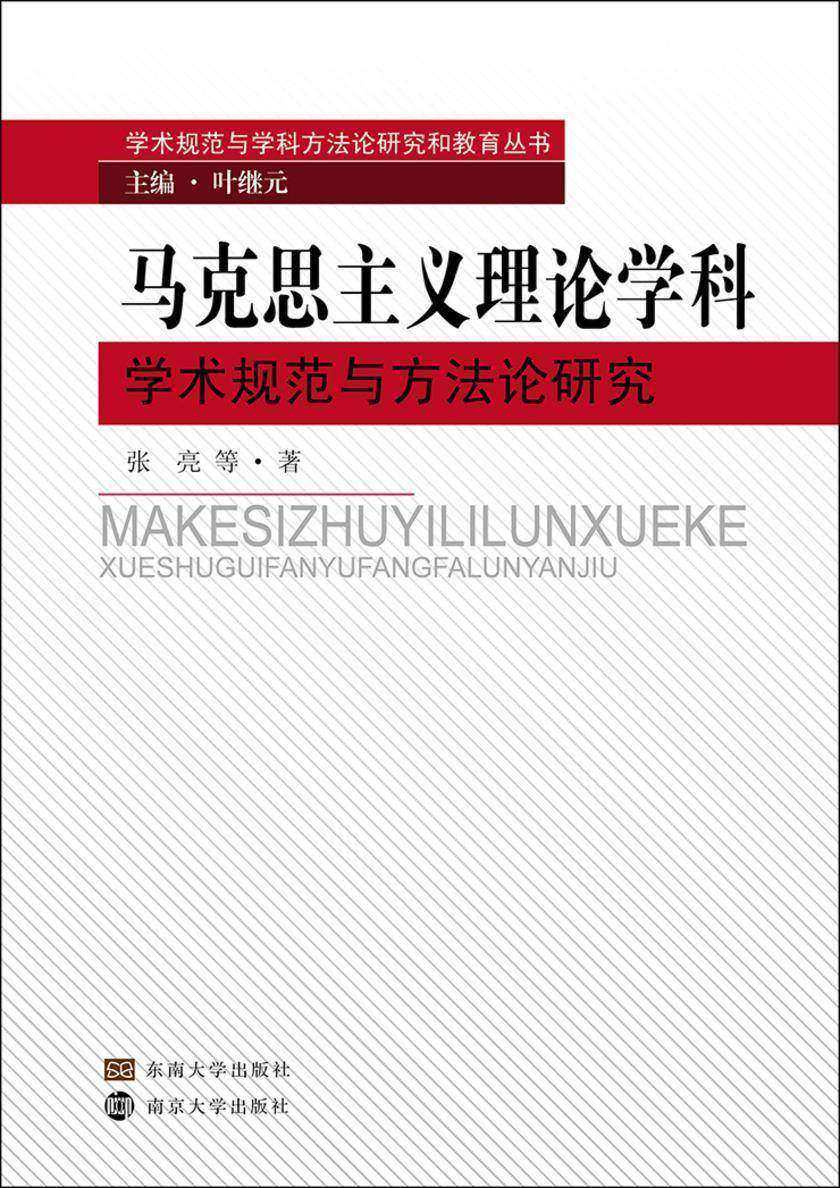
马克思主义理论学科学术规范与方法论研究
¥18.00
本书围绕马克思主义哲学学科本质和学科基本问题,从三个方面论述了马克思主义理论学科学术规范的内涵:马克思主义理论学科的概况,包括基本建制、范畴和基本的研究操守;马克思主义理论学科学术研究的技术规范,即与研究的设计、写作、发表和评价等学术活动有关的基本程序、技术标准和规则;马克思主义理论学科独特的研究方法和体系。

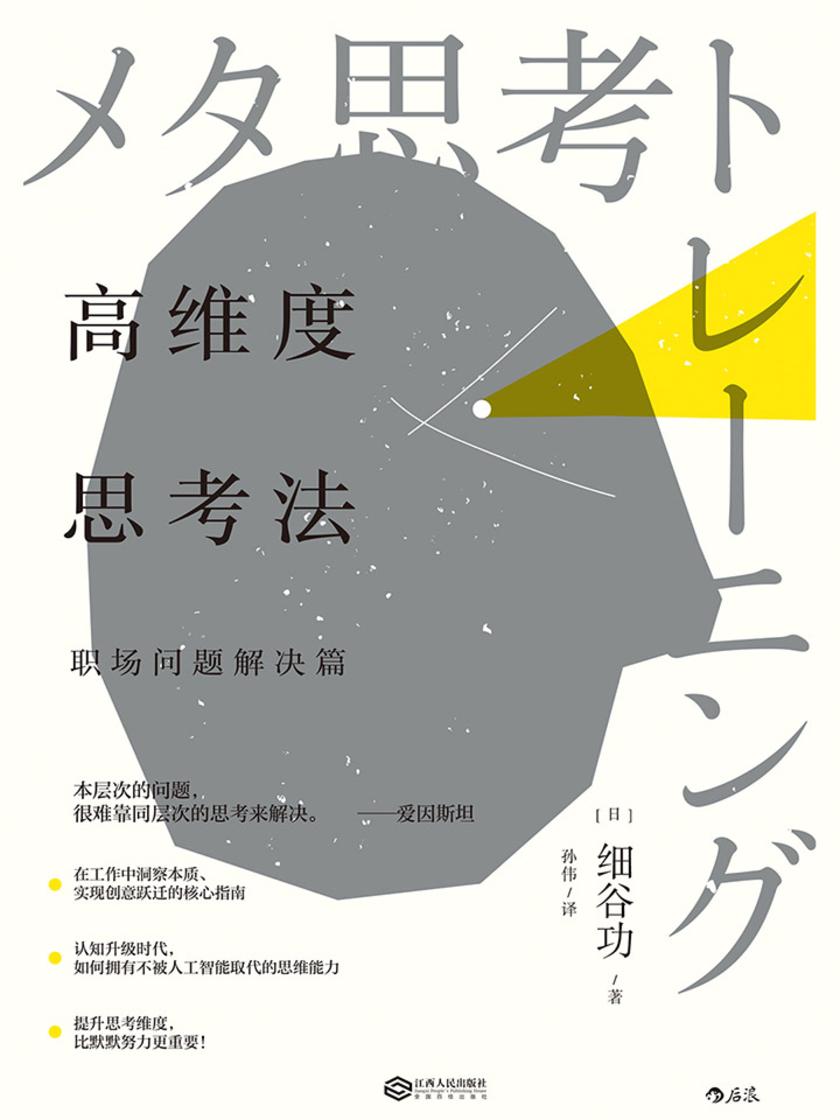
高维度思考法:职场问题解决篇(提升思考维度,比默默努力更重要!在工作中洞察本质、实现创意跃迁的核心指南。)
¥8.54
为什么一直拼命努力却无法获得理想的业绩?为什么总有一些人能轻轻松松地实现目标?严格按照上司或客户的要求工作,就一定能让对方满意吗?如何才能读懂趋势,及时赶上下一个风口? 回答上面这些问题的关键,在于能否从更高维度发现问题和解决问题。本书通过大量职场问题的解决案例,详细解析了运用“元思维”实现高维度思考的两种方法:Why型思维和类推思维。Why型思维通过追问上层目的,帮助我们冲破思维定式和狭隘视野,洞察问题的本质;类推思维通过放眼大千世界,教我们如何从其他领域借鉴灵感,从而实现跳跃式创意。 如果你正被繁重的工作压得喘不过气来,或者正因为创意陷僵局而一筹莫展,那么不妨按着本书的提示,启一段简单高效的职场问题解决训练吧。如果能像无人机一样,像谷歌地球一样,从杂务中抽离出来,拉长镜头看一看,你会发现崭新的世界、不同的视角,所有难题都能迎刃而解。

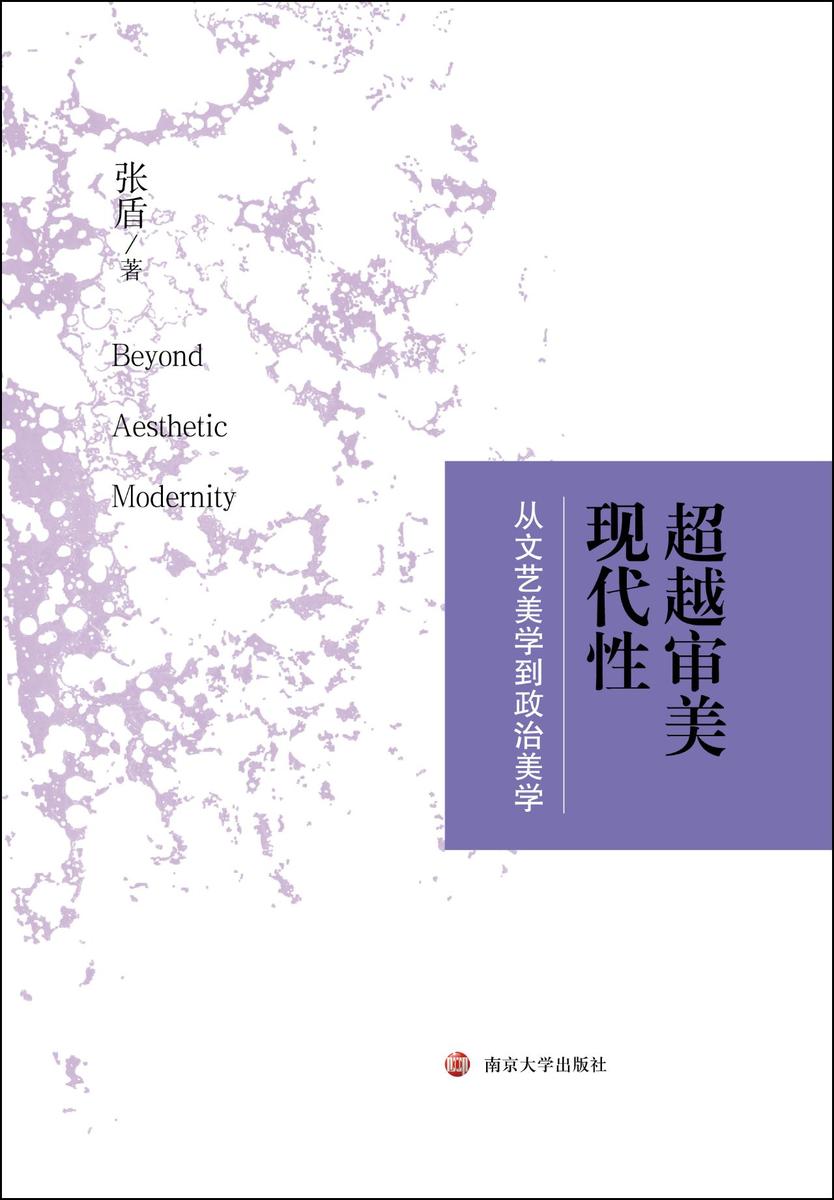
超越审美现代性从文艺美学到政治美学
¥21.00
《超越审美现代性》讨论的“政治美学”不是本来意义上作为aesthetics的美学,而是关于存在何以可能和哲学何以可能的一种先验形而上学。 本书把本来意义上的美学称为“文艺美学”,它有着极其深厚的理论传统,令人崇敬,正如伟大艺术作品深深感动着每个人。本书对艺术的批判和对文艺美学的批判完全是一种先验的政治的理论思维的结果。同理,本书以中世纪艺术为范本所揭示的艺术的象征性和创造性,也是运用理论思维对艺术本质所做的一种“先验演绎”,与对中世纪艺术的历史性研究不在同一个界面上。 早就有人把马克思学说的根本精神解读为一种美学,在本书所揭示的政治美学的意义上,马克思学说本质上必然是一种关于*美政制和*美人性何以可能的先验政治美学。




 购物车
购物车 个人中心
个人中心



